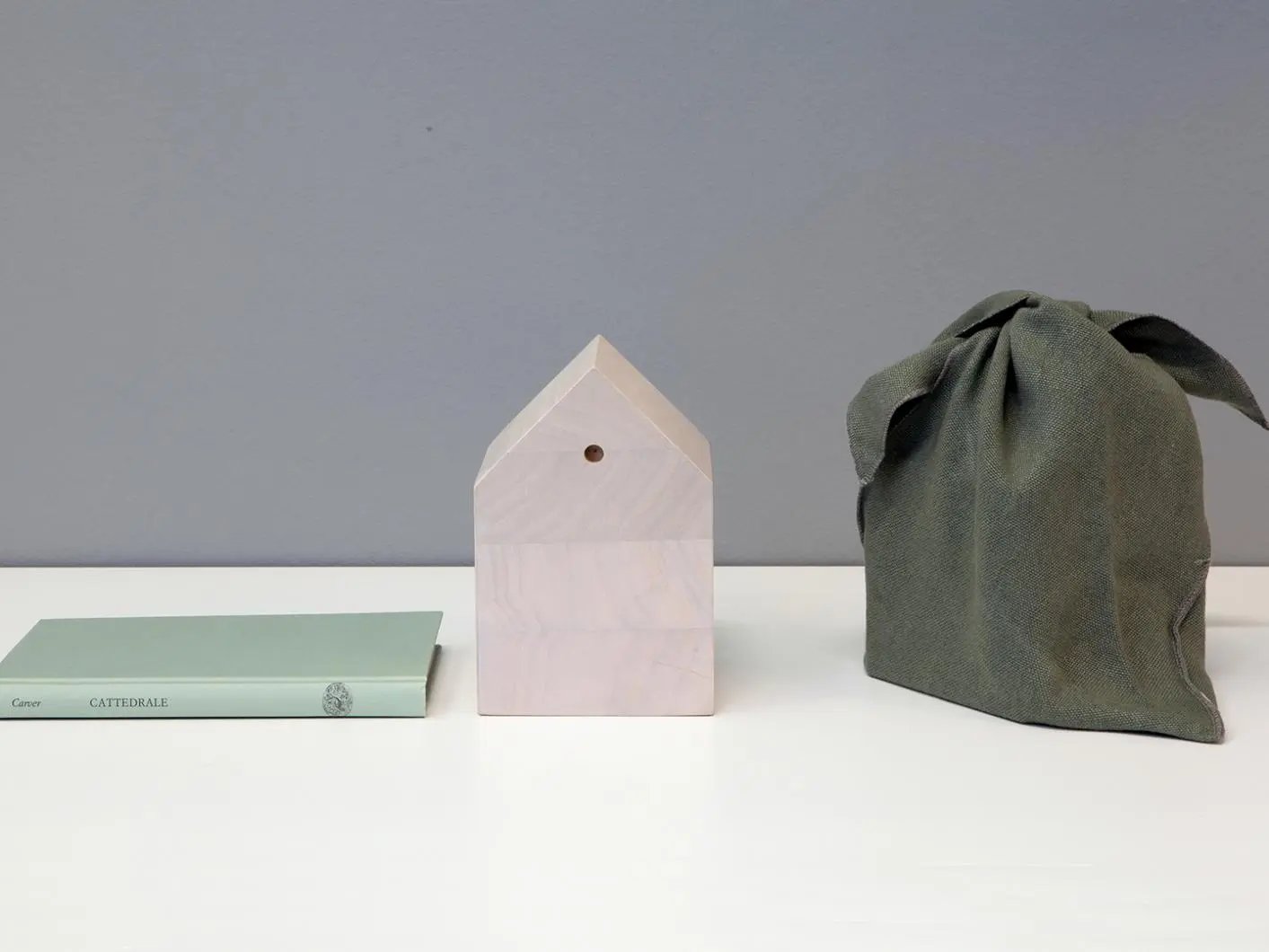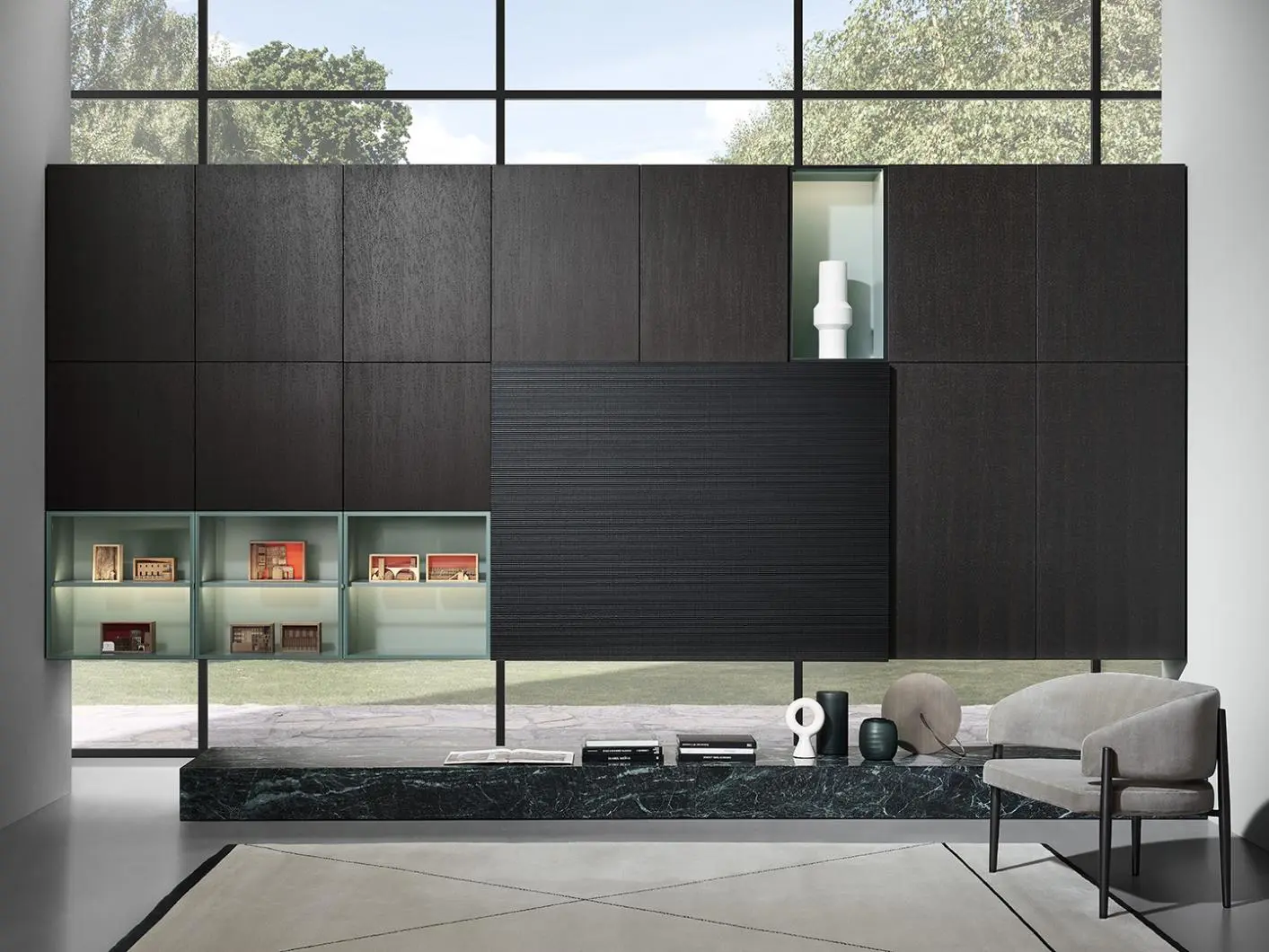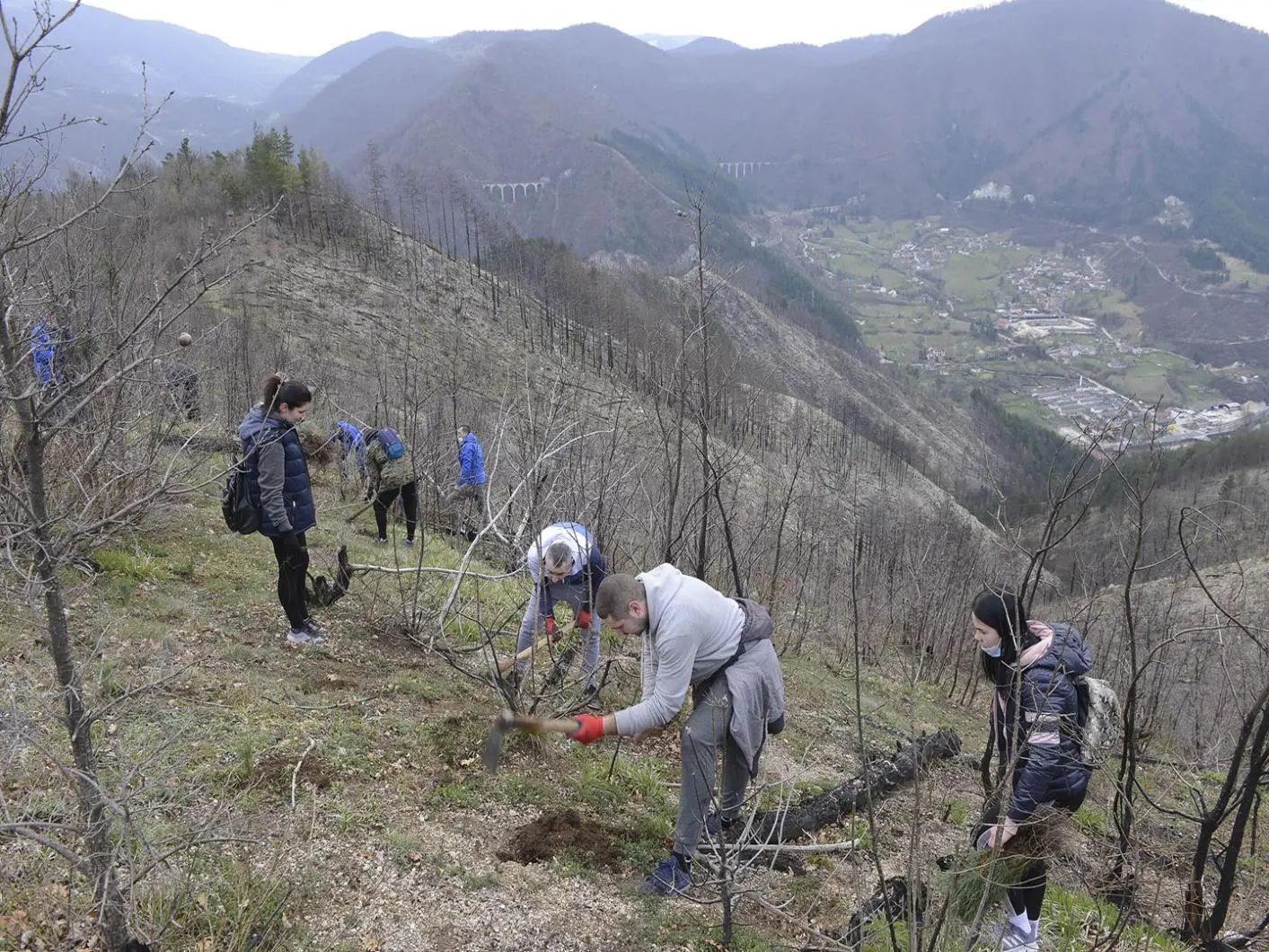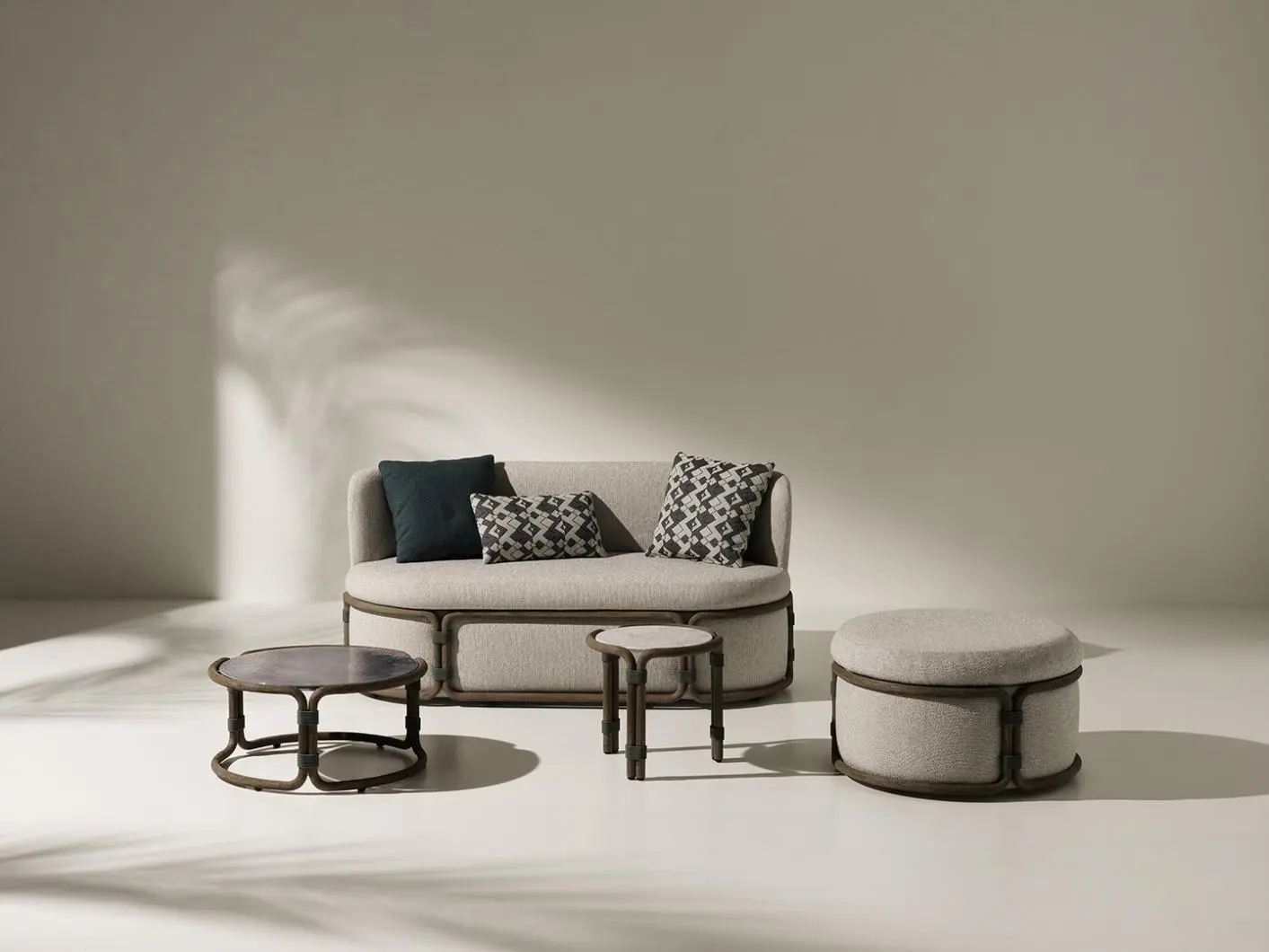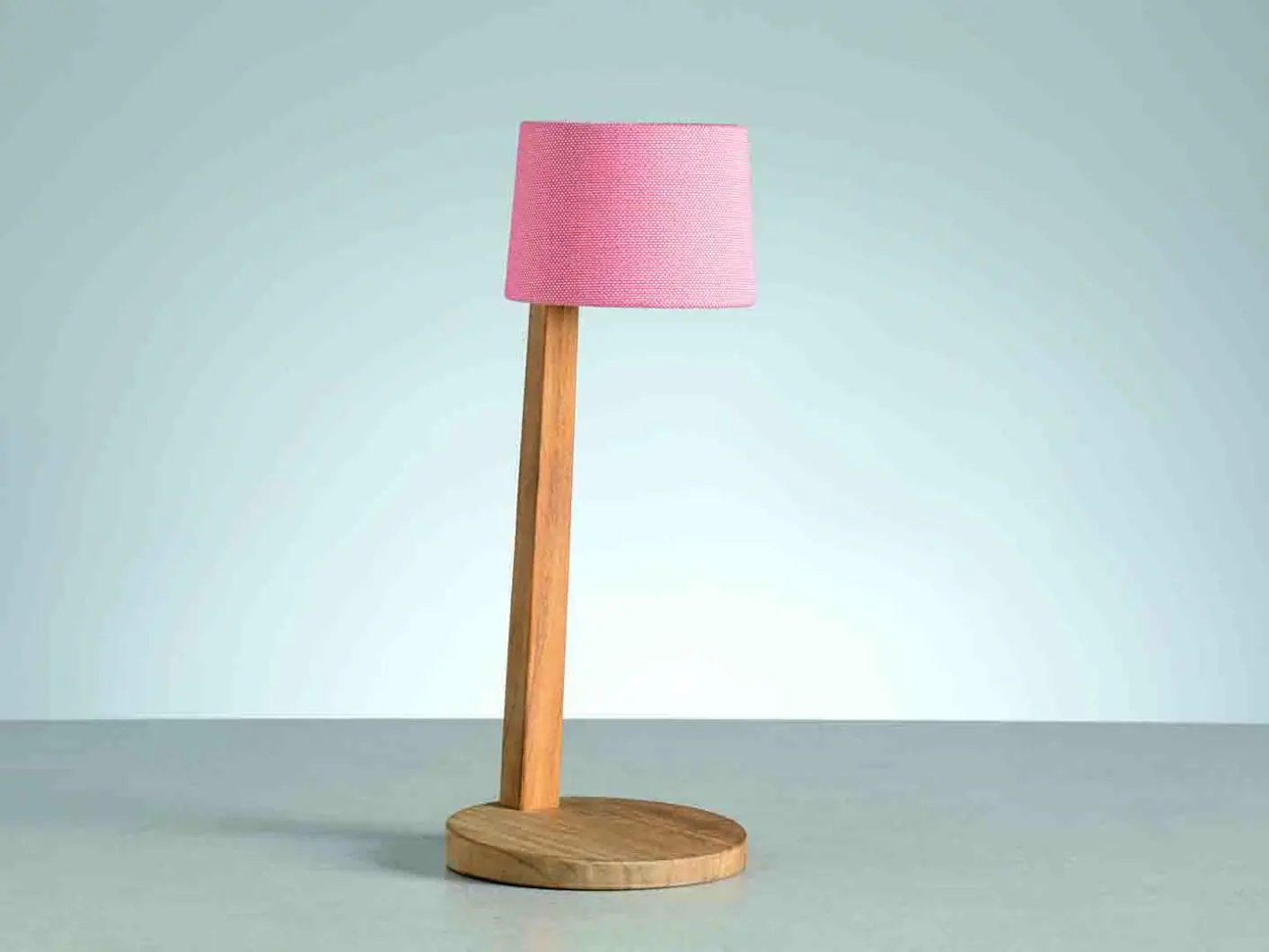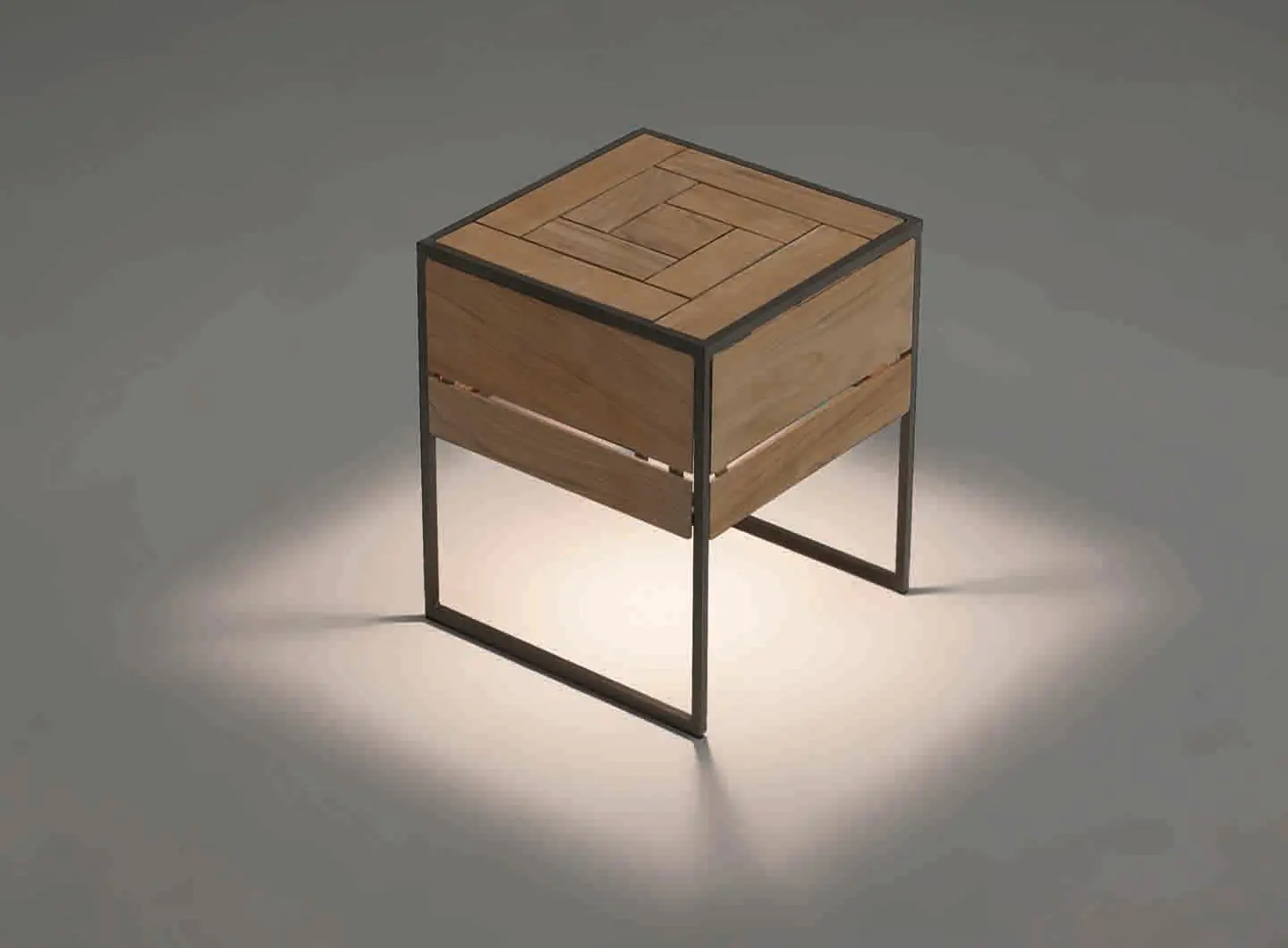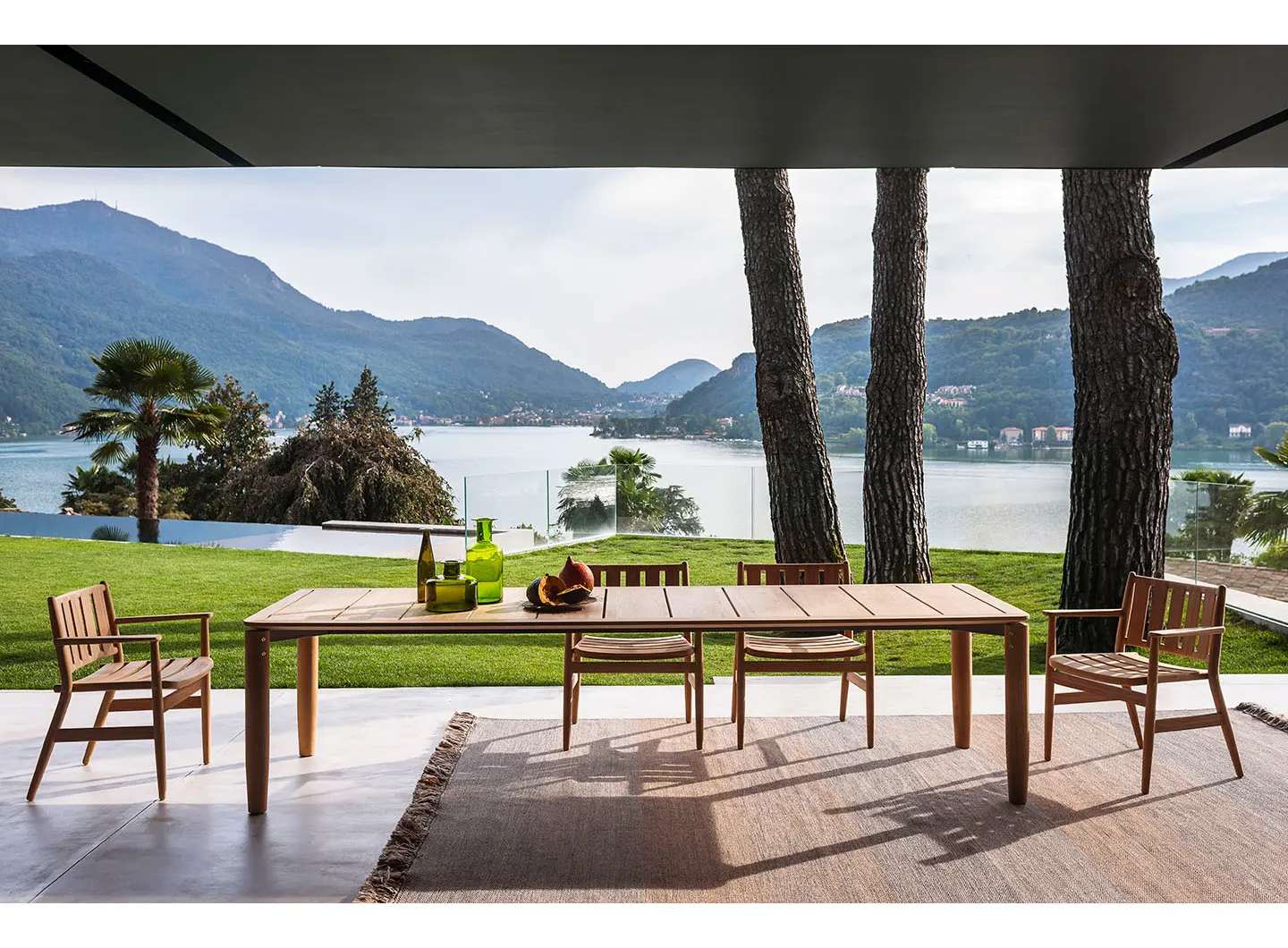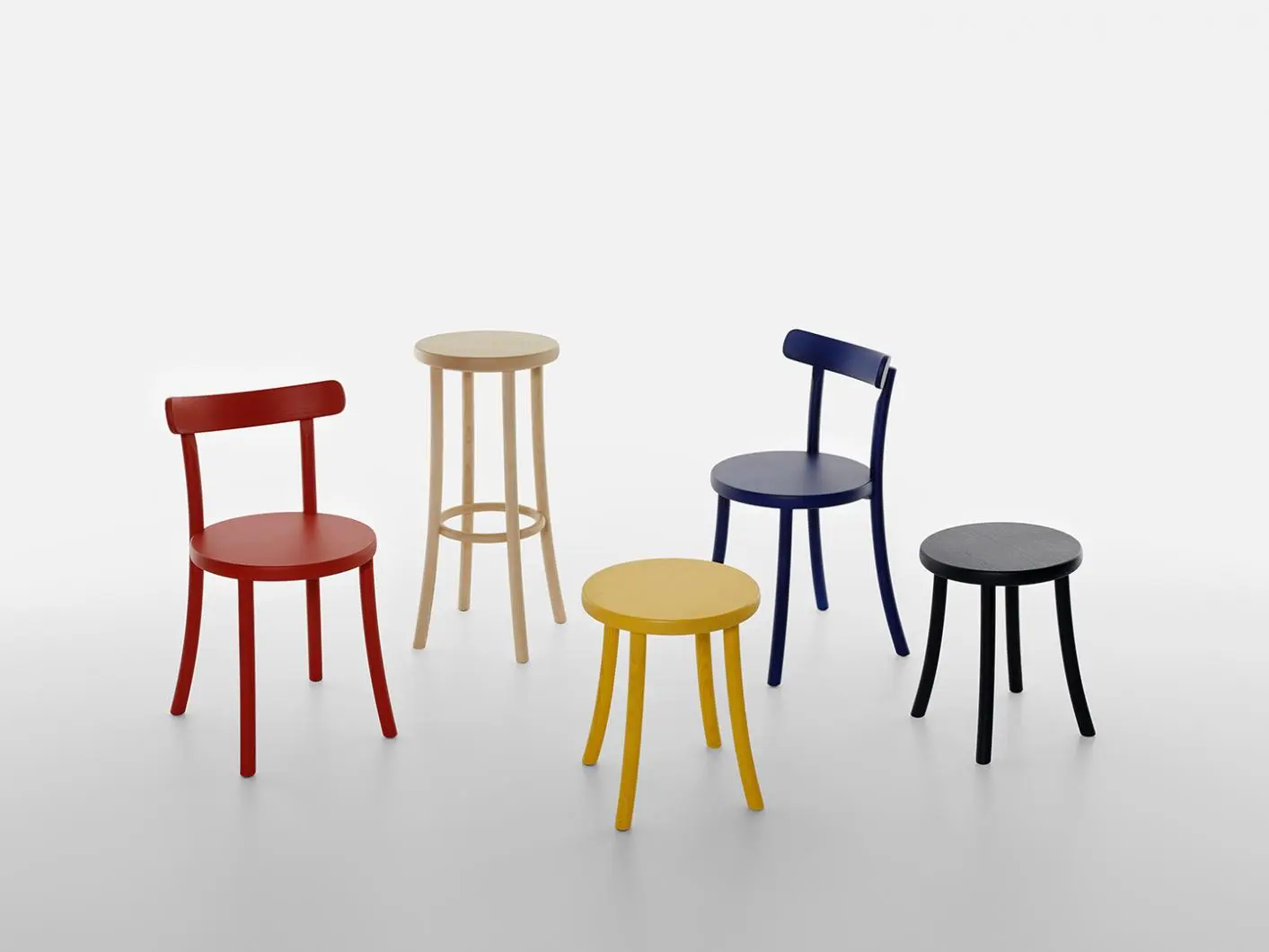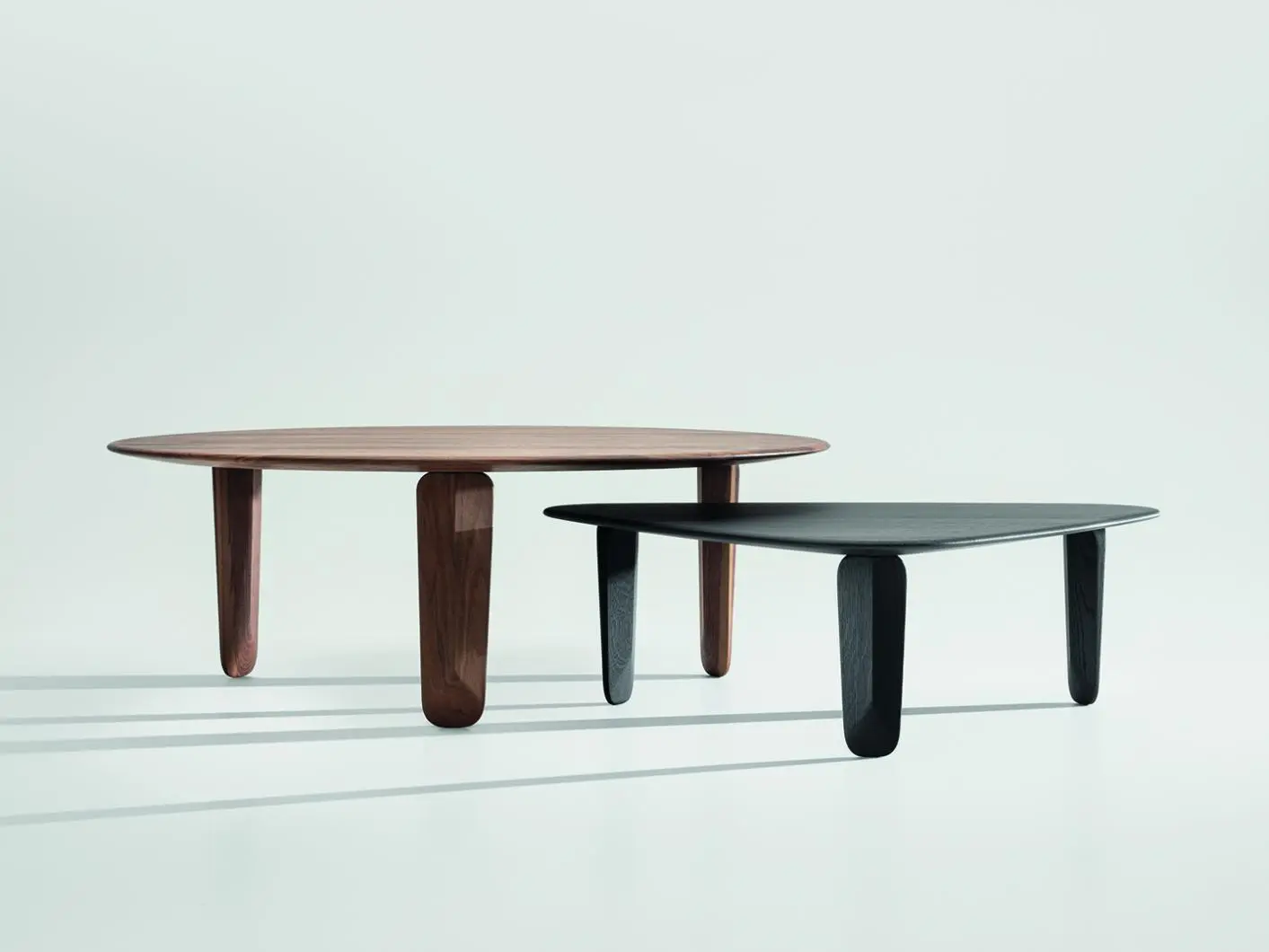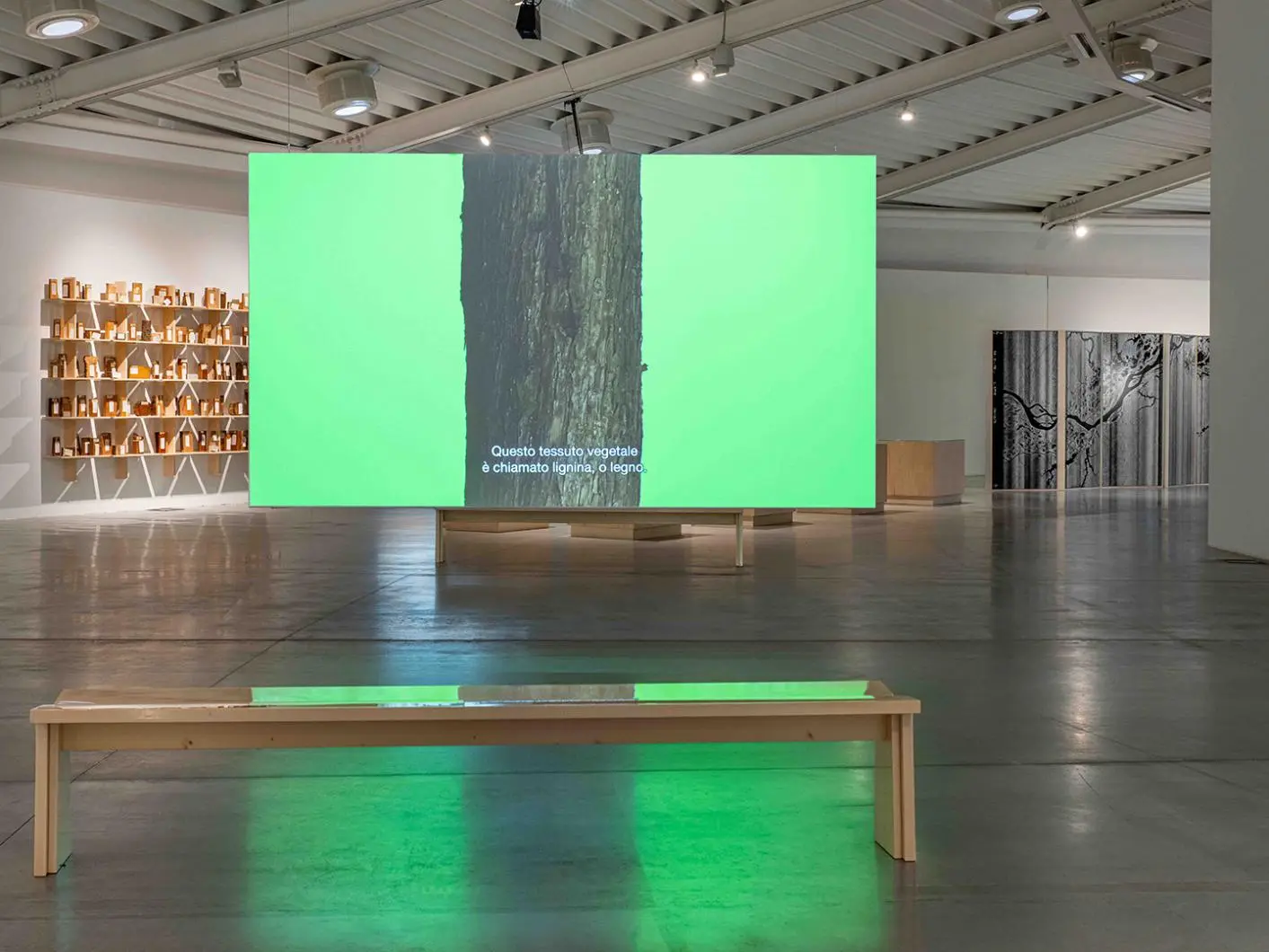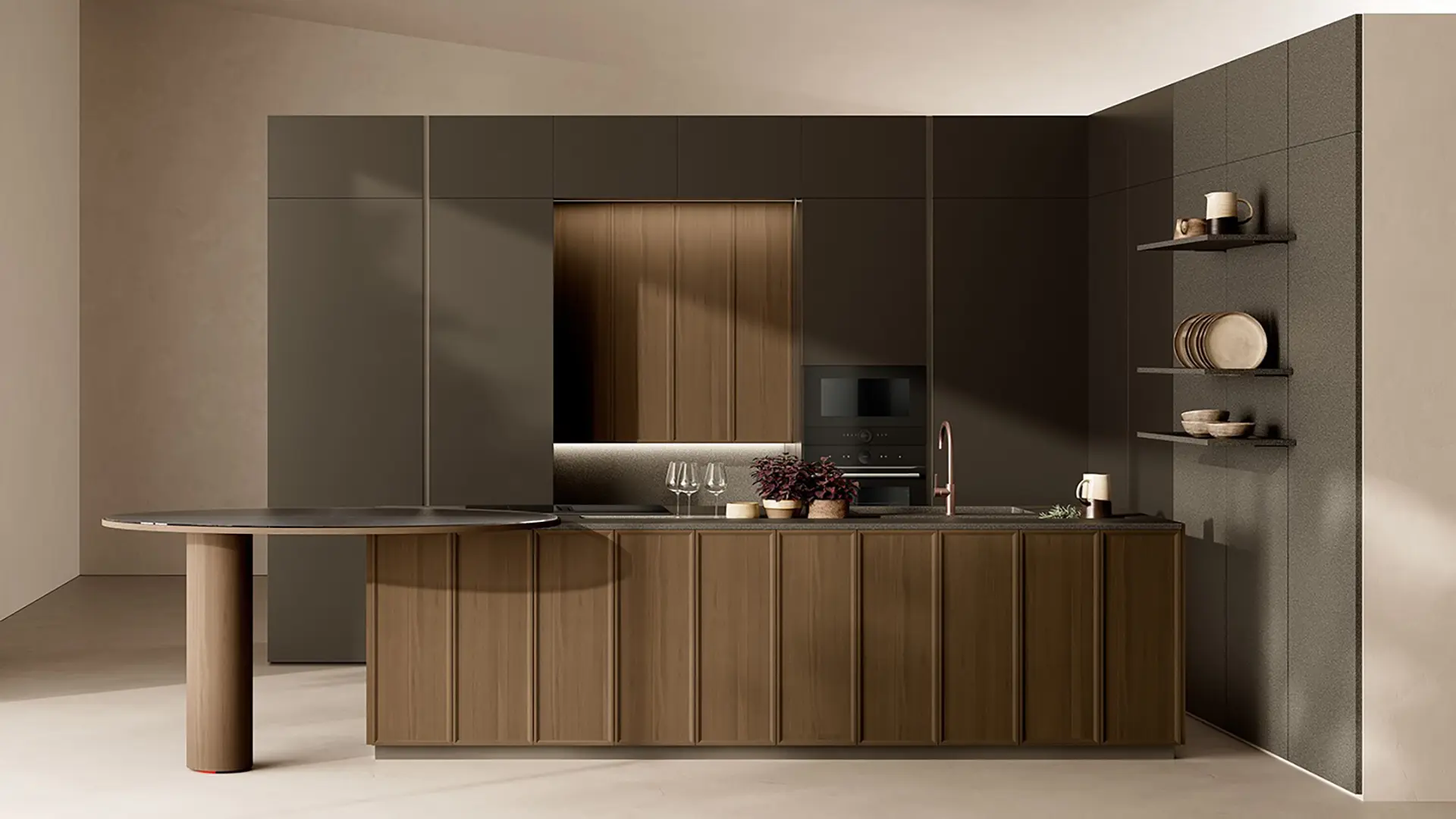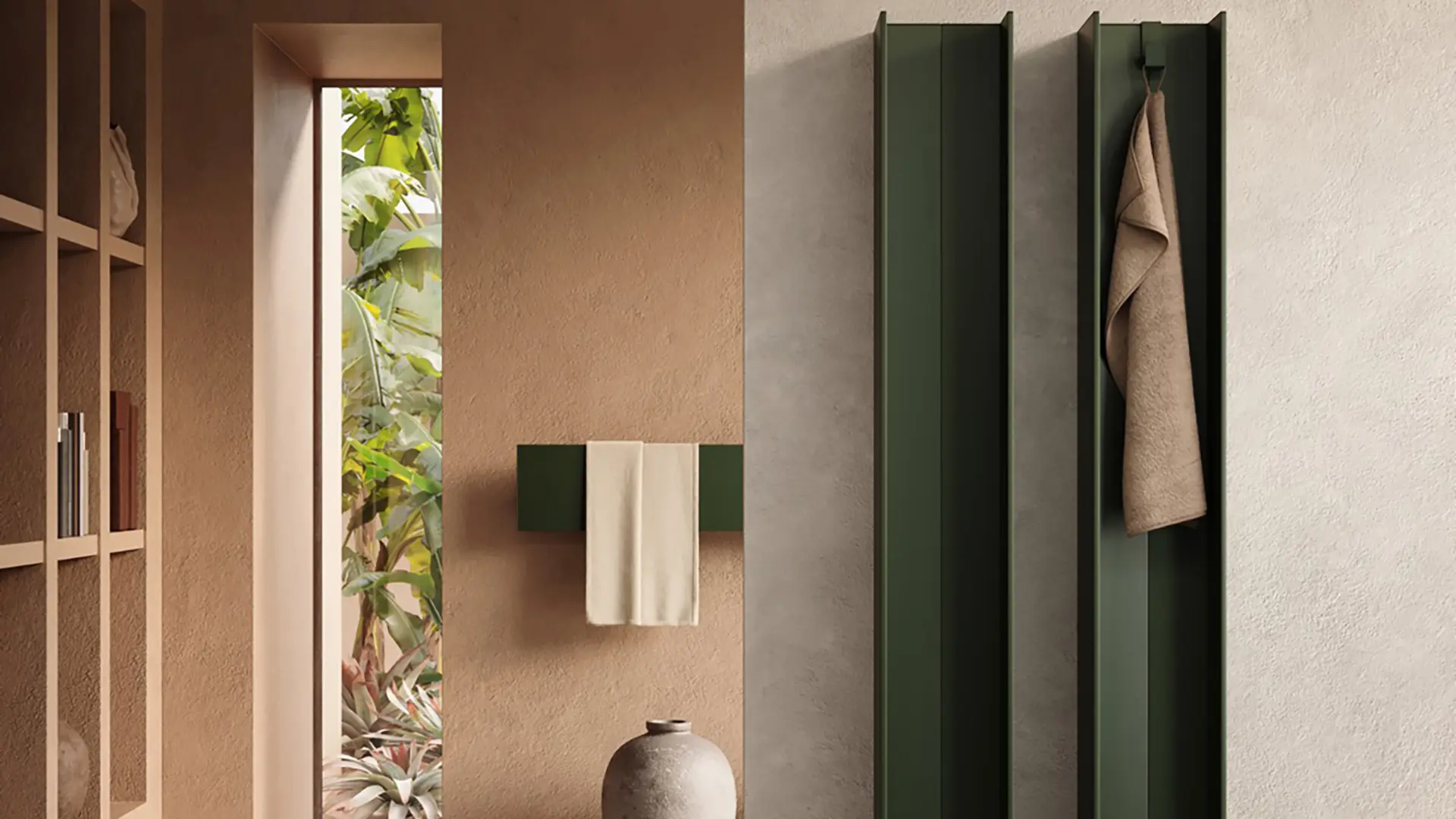Wood transforms the kitchen space with craftsmanship, technology, and continuity with the living area

Reforestation project, Zanat
The need for sustainable resource management has caused many companies to rethink their production processes and focus on virtuous practices. Whether it has to do with selecting the origin of the timber or obtaining a reforestation certification, production entails the making of ethical choices.
“Our modular systems consist of chipboard panels made of certified Italian white poplar wood leftovers from the paper industry. Poplar wood is a noble raw material, a virgin wood that we have chosen precisely because its quality matches our high-end market. Above all, it is a sustainable choice, for the life cycle of a poplar tree is 9 years, which is less than the average life of our modular systems. Durability helps reduce impact.” These are the words of Maria Porro, marketing and communications director of the eponymously named furniture design brand, who was describing her company's commitment to sustainably managing its entire wood supply chain as part of a broader sustainability project. She continued: “We revolutionized our system of production in 2018. Now everything that we manufacture, from the very first stage of the process, is made to order for our customers. We have reduced waste by eliminating warehouse stocks because, by making each item to order and on the spot, we are able to optimize our use of raw materials.”
Maria Porro, who is also president of the Salone del Mobile Milano (Milan Furniture Fair), worked hard on getting across the message of sustainability when setting up the “Supersalone” area. “In choosing to use unpainted and reusable disassembled recycled panels for the Supersalone exhibition space, the curator Stefano Boeri and I were making a very strong statement to which there must now be some follow-up. We set down a marker to signal the start of a path, one that exhibitor companies also need to follow, towards an ever more sustainable furniture fair. We shall be seeing the first results of this new direction in April 2022. Besides, sustainability is also what the market demands, because sustainability is indivisible from quality.”
Porro has chosen a type of timber that is common in Italy, namely poplar, which is grown in plots and cultivated woods. Porro’s “Hyle,” a bookmark in the form of a wooden house, is made from solid white poplar wood. The Hyle bookmark is therefore a durable object that also stands for the company’s respect for the forest.
Nikari of Finland is the company behind “Frame,” a new ash and oak table designed by John Pawson on his farm in the Cotswolds. Based in Fiskars, Nikari draws on the Finnish artisan tradition, and its motto is “Balance with nature.” “We do a lot of work by hand and have no intention of becoming a mass producer. Our certified solid wood comes from controlled sources in north Europe, and we are in constant dialogue with our sawmills. We have FSC and PEFC certificates. All our manufacturing is done in Finland only. We try to keep our pieces simple, with a minimum amount of other materials. We are constantly on the lookout for the best quality components and wood processing products, as well as for good logistics. We own forests with which we compensate for CO2 emissions from transport. We protect centuries-old forests, and we donate part of our profits to the protection of the biodiversity of global forests,” declared company CEO Johanna Vuorio.
A similar commitment has been made by the Bosnian company Zanat, which launched a reforestation project this year, under which three new trees are planted for every one tree that is felled for production purposes. On Planet Earth Day 2021, the company planted more than 3,000 pine trees outside its home city of Konjic. “The plantation was made possible by Sidap Prenj, a local forestry management company. It was Sidap Prenj that designated the area for reforestation, procured the seeds and tools, provided guidance, and took active part in the planting work. Bosnia is a country rich in green resources and is 64% covered in forest. We are committed to raising this percentage still higher by expanding protected areas and preserving our indigenous forests,” declared Zanat in a statement. The limited edition “Dom” plates, sculptural works fashioned by Michele De Lucchi and produced by Zanat, are made of walnut and Bosnian maple.
Many furniture brands have chosen to follow the path of certification on their journey towards securing a more sustainable supply chain. Moroso, Arper, and Calligaris, to name but a few, are now FSC-certified (Forest Stewardship Council). Also FSC-certified is Ethimo, whose teak (the qualities of which really shine through in pieces such as “Rotin” by Zanellato/Bortotto or even in the “Tetris” floor lamp by Marc Sadler) is sourced exclusively from controlled regrowth plantations that comply with the strict rules of reforestation. Roda also boasts FSC certification. This year Roda showcased its Levante outdoor furniture line designed by Piero Lissoni and made from certified teak.
In addition to a FSC certificate, the Friuli-based company Mattiazzi also boasts a PEFC certificate (Programme for the Endorsement of Forest Certification schemes) in recognition of its long-standing commitment to the protection of the woods that are the sources of its livelihood. Jasper Morrison’s “Zampa” collection of ash-wood chairs with curved legs exemplifies the fusion of contemporary lifestyle with ancient woodwork technique.
The German company Zeitraum also has FSC and PEFC certification for the European timber it uses. This year, Zeitraum joined the United Nations Global Compact, a network of more than 9,500 companies committed to creating a sustainable future by adherence to the ten principles of the Compact and through the realization of the UN’s Sustainable Development Goals. Zeitraum’s Kuyu tables, designed by Formstelle, are made of ash, oak and walnut.
The wood industry’s concerns and interests go beyond questions of manufacturing, as may be seen from an exhibition arranged by Formafantasma, an Italian duo of designers, that was first staged at the Serpentine Gallery in London and is now (until 24 October) taking place at the Luigi Pecci Centre for Contemporary Art in Prato. The exhibition, called Cambio, was curated by Hans Ulrich Obrist and Rebecca Lewin, along with Cristiana Perrella. Accompanying the exhibition is a catalogue to be published by Nero Editions on 6 October. The work of the two founders of Formafantasma is dedicated to exploring ways of re-imagining design and production in the light of climate change. Conscientiousness in our consumption of raw materials is the first step we need to take.
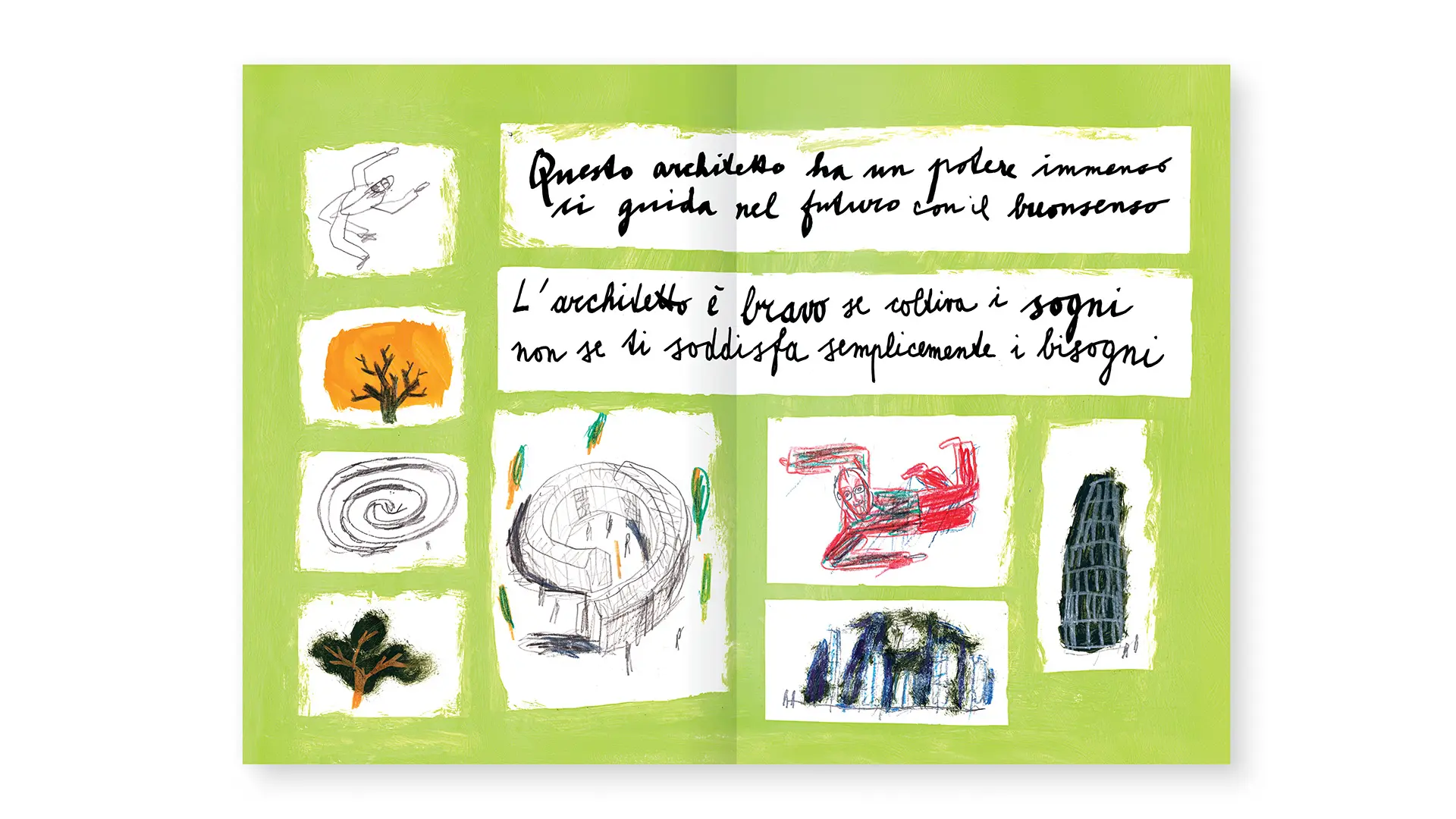
4 children’s books to explore houses, lost objects, and architectural wonders
Some children’s books go beyond wonderful illustrations and clearly deliver a strong message. The titles in this selection invite young readers to look at the world with the eyes of great architects, dream up incredible homes, find lost things. Why? To learn a truly meaningful skill: the ability to recognise the beauty around us, and to understand how to take care of it



 Stories
Stories
